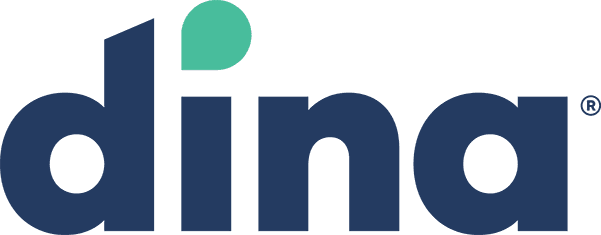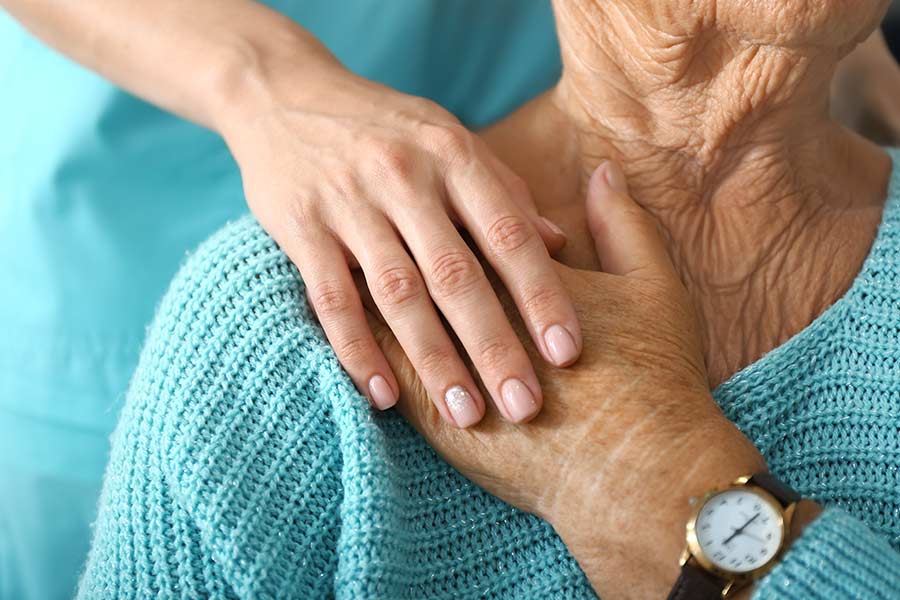Home care – unskilled personal care or private duty – is fast becoming one of the most needed long-term healthcare services in the US. Our elderly population is growing quickly and will likely double by 2060, putting seniors at close to a quarter of the population. While not a surprise, there will also likely be a reduced availability of family caregivers to help manage and provide care for their aging loved ones. More people are now dependent on professional caregiving to maintain a normal and healthy standard of living. To understand just how important this is, it’s necessary to know what home care entails and how it’s beneficial to the wellbeing of seniors.
Home care is the necessary non-medical care that’s provided to seniors by professional caregivers. Home care helps those who have recently been hospitalized and are recovering, and it ensures that they can stay safely at home while avoiding re-hospitalizations. Generally, home care is an out-of-pocket expense and is not covered by Medicare except when it is combined with home health/therapy care.
Why is Home Care Important?
Home care serves indispensable functions and offers numerous benefits such as:
- Assisting with activities of daily living (ADLs). Seniors who are not capable of carrying out ADLs like bathing, dressing, feeding, and homemaking on their own are able to maintain a higher quality of life with assistance with these basic daily activities.
- Preventing unnecessary hospitalizations of seniors. Home care providers are tasked with reminding seniors to take their medication on time and also ensuring that the home environment is set up in a way to prevent falls–the leading cause of injury and hospitalization in the elderly.
- Supporting independence at home. By enabling seniors to age at home, which is what the majority of seniors say they want, home care provides the requisite care they need while remaining with their loved ones and family. It eliminates the need for seniors to move to new and possibly disorienting environments, keeping them comfortable at home.
- Lowering costs. By allowing seniors to age in place, home care often provides a cheaper alternative to nursing or assisted living facilities.
Proposal To Include Home Care in Medicare Advantage
As earlier stated, home care has historically been an out-of-pocket expense, which has precluded access to this type of care for many seniors in need. Fortunately, funding sources for home care could be set to change soon. The Centers for Medicare and Medicaid Services plans to add non-skilled home care as a supplemental benefit to Medicare Advantage Plans in 2019.
The part of the CMS announcement that touches on home care says, “As a part of these changes, CMS is redefining health-related supplemental benefits to include services that increase health and improve quality of life, including coverage of non-skilled in-home support, portable wheelchair ramps and other assistive devices and modifications when patients need them.”
What does this mean for seniors, hospitals and home care providers?
This proposal, when implemented next year, will mean a lot for the senior care space. For one, it will lift the heavy financial burden of paying for home care support (for both the patient and their families who may be shouldering the responsibility). Stemming from having increased access to home care, seniors will experience fewer accidents, falls and emergency hospitalizations. It will also confer financial benefits on hospitals–fewer seniors going in and out of inpatient care means they can better avoid the penalties imposed by the CMS for excess readmissions. For home care providers, it will mean more people will have access to their services in the near future–a definite positive for their bottom line. Ultimately, for an ageing population, it means lowering risk and enabling our seniors to age happy and healthy at home.
We understand that the future of healthcare is in the home. The Prepared Health platform helps healthcare providers connect discharging patients to providers who offer in-home services. The platform helps to identify the right type of service a patient needs and supports a smooth transition of that patient from in-patient care to home-based providers.




